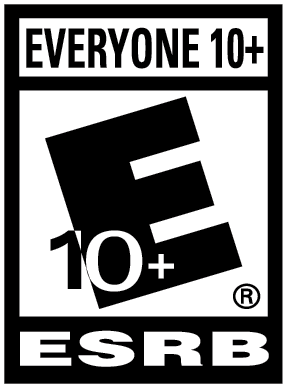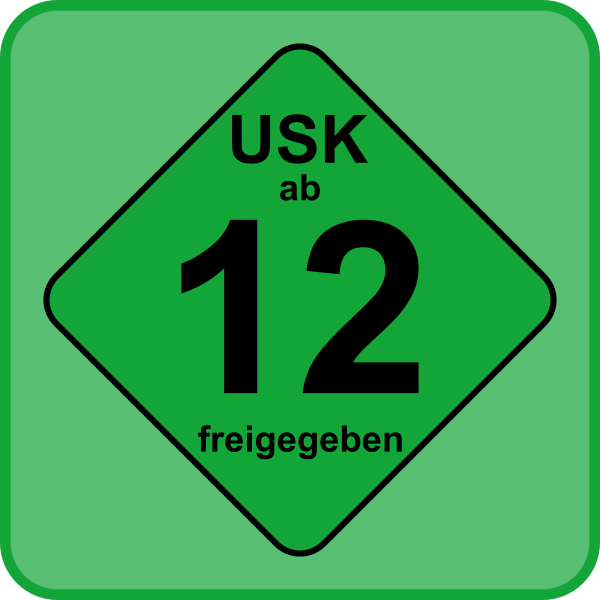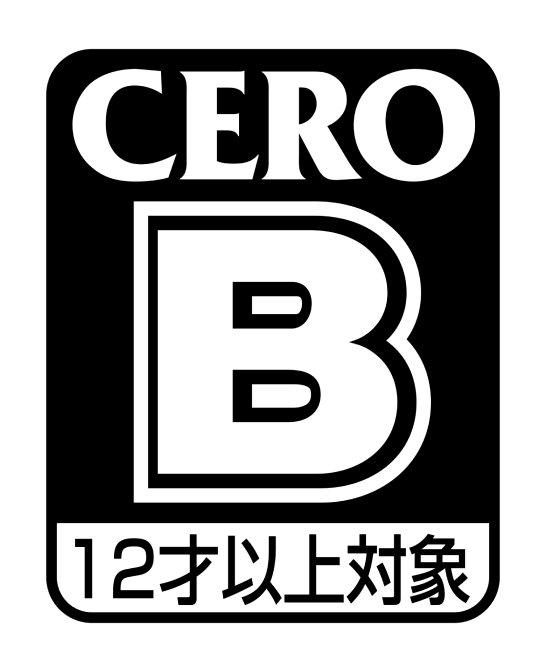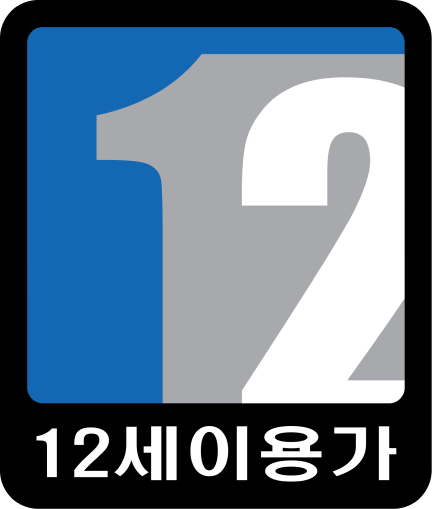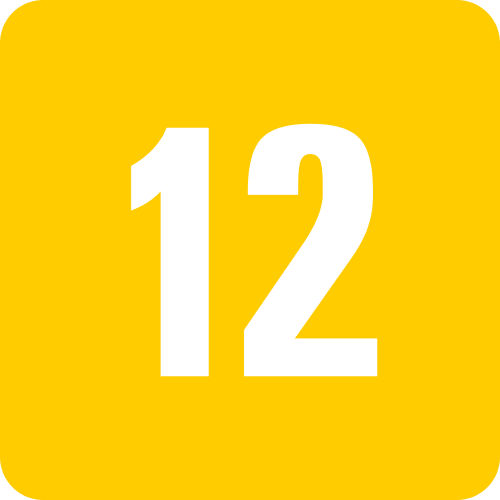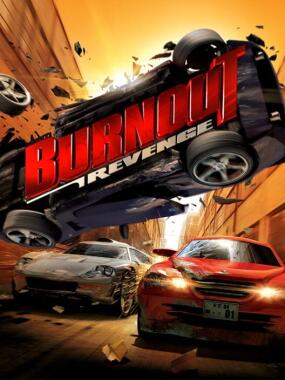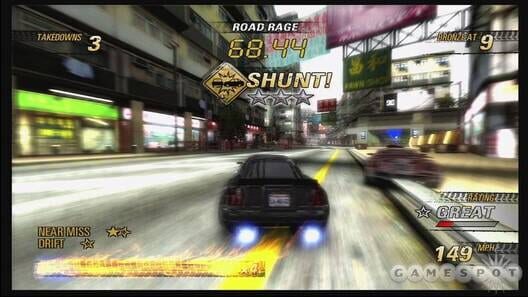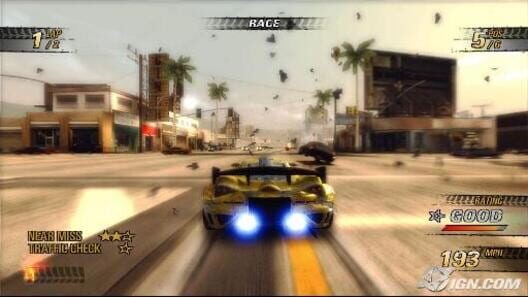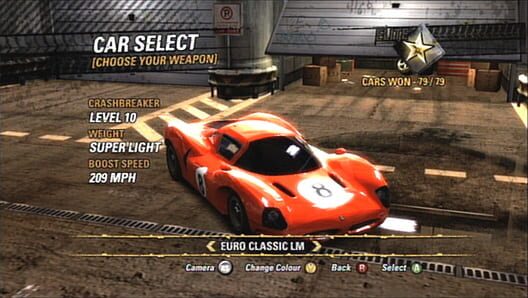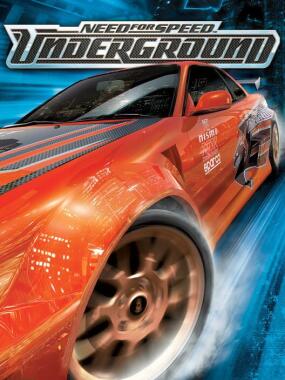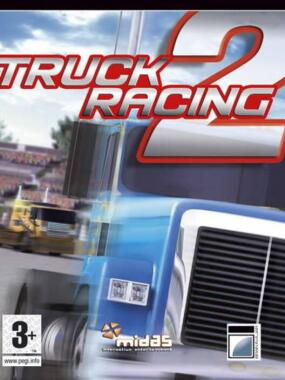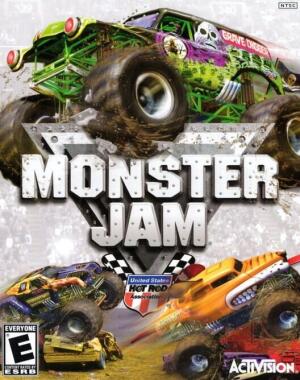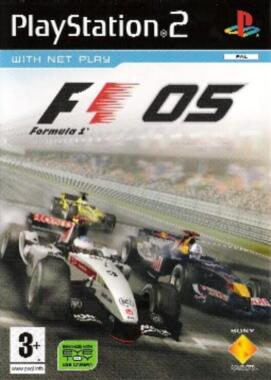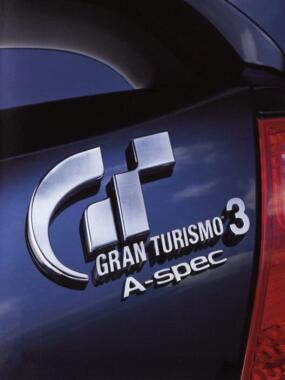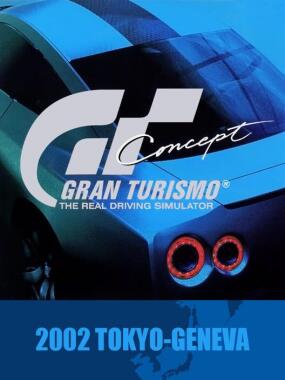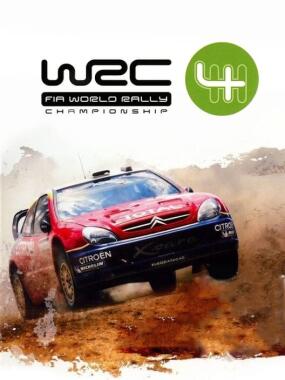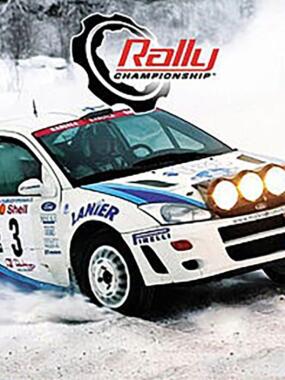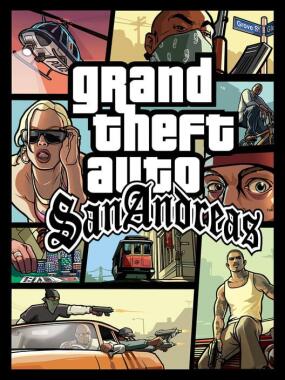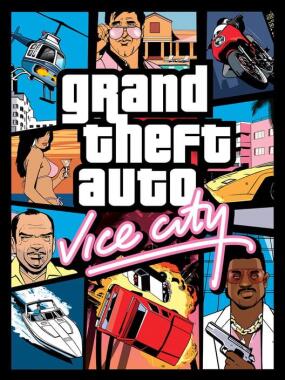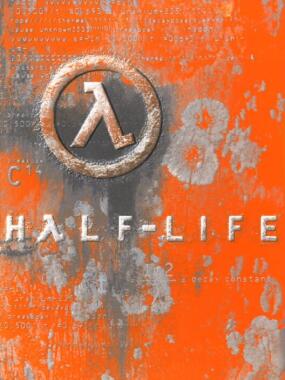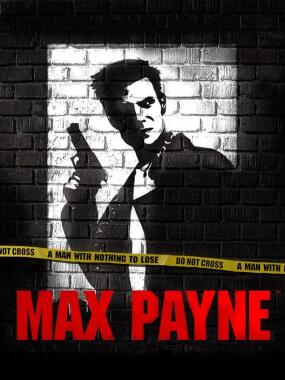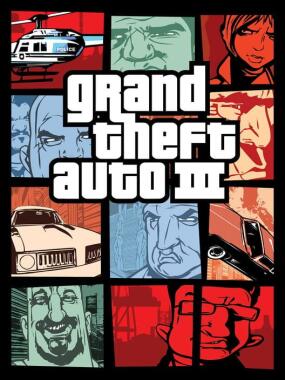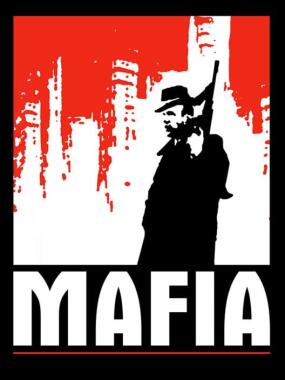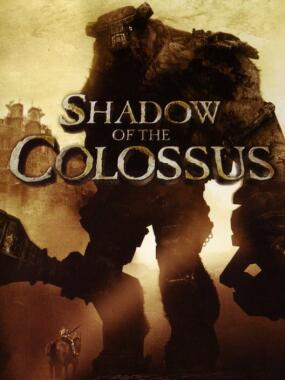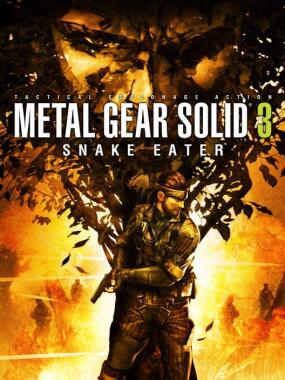In Burnout Revenge, players compete in a range of racing game types with different aims. These take place within rush-hour traffic, and include circuit racing, Road Rage (where players cause as many rivals to crash as possible within a time limit, or until the player's car is wrecked), Burning Lap (a single-lap, single-racer time attack mode), Eliminator (a circuit race where every thirty seconds, the last-placed racer's car is detonated; the race continues until only one racer is left), and Crash (where the player is placed at a junction with the aim of accumulating as many `Crash Dollars` as possible). A new gameplay feature in Burnout Revenge is the ability to ram same-way small to medium traffic, known as `traffic checking`, propelling the rammed car forward; the event in which a `checked` car hits a rival is considered as a Traffic Takedown. Traffic checking is the focus of a new race type, Traffic Attack (whereby a player must earn a set amount of Crash Dollars through checking traffic), which can be used later on.
During these events, players have access to a limited amount of boost which is acquired through various dangerous driving techniques, including but not limited to driving on the wrong side of the road, tailgating opponents and drifting. Unique to the series is the concept of battling other rivals; unlike other video games in the racing genre, players are encouraged, and sometimes even required, to ram rival cars and cause traffic to crash. Causing a rival to crash is referred to as a `Takedown`, rewarding the player by extending the length of their boost gauge and completely refilling it. In designated events, boost can also be used to activate a `Crashbreaker` during a crash, detonating the car and causing other nearby cars to crash. When the rival car takes the player down, the player will have to take the ultimate REVENGE by taking down the revenge rivals (which the arrow at the top of the car turned red) is referred to as `Revenge Takedown`.
In the main single-player game mode, players compete in a world tour consisting of 169 events across three continents, divided into a series of 11 `ranks` (Rank 11 has no events). The ranks which a player has access to is determined by their `Revenge Rank`, which increases after completing events. By increasing their Rank sufficiently, the player `ranks up` and unlocks the next rank of events.
There are 77 cars in the game, some of which can only be used for crash events. The SUVs and saloon cars are some of them.
The game also features support for multiplayer gameplay, both online and offline. In addition to the racing modes, the game features three types of Crash modes: Crash Battle (multiple players attempt a junction at the same time), Crash Party (players take turns at attempting junctions across several rounds), and Crash Tour (a golf-like version of Crash Party, with players attempting to accumulate a certain amount of Crash Dollars in as few attempts as possible; after the last round ends the player with the lowest score wins).
The Xbox 360 version of Burnout Revenge includes several new features and improves the graphics of the game to utilize the power of the next-gen console. The game includes 10 new crash junctions on the Crash Tour. It also includes a vastly improved online mode that introduces online Revenge Rivals. This system allows players to keep track of their number of times they have been taken out or have taken out any given player.
The new version also includes a new Burnout Clips feature, which allows to save 30 second clips of any offline race played and can be shared with other players over Xbox Live.

